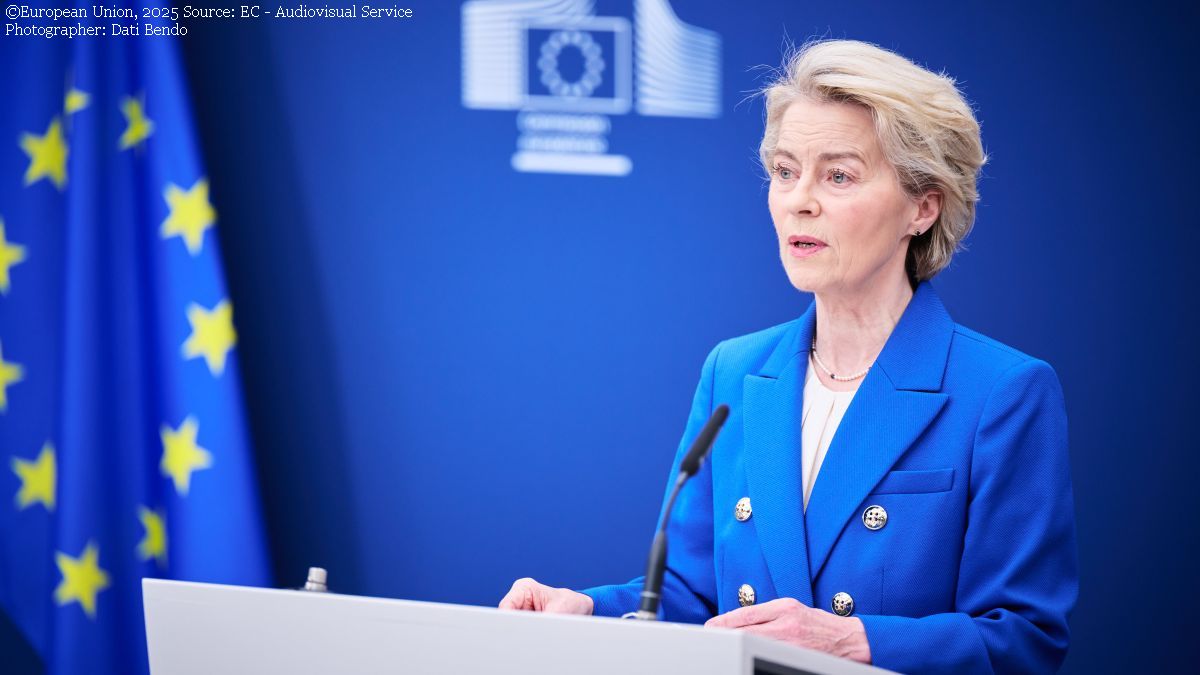Growing current account deficit
The current account deficit of Romanias balance of payments deepened by over 9 billion euro in the first 7 months of the year

Roxana Vasile, 14.09.2021, 14:00
On Monday the National Bank of Romania made public its regular updates on the countrys foreign debt, current account deficit and foreign investments.
After extensive talks in recent years about the growing governmental debt, the funds borrowed by the state and the uncertainties around how the government is spending the money from the domestic and international markets, the news that in January – July the foreign debt rose by over 6 billion euros only added fuel to the fire.
The countrys foreign debt has reached a total 132 billion euro. If we look at the increase in this figure in 2021 and in 2018, for instance, the difference is striking: 80%. Of the 132 billion euro, the long-term foreign debt accounts for nearly 96 billion, and short-term loans for the remaining 36 billion euro.
On the other hand, the government has not only borrowed from the international market, but also from the domestic one, and central bank data indicate that domestic debt accounts for nearly 50% of the GDP.
Economists argue that the disquieting element is not so much the increase in the foreign debt, but rather the deepening current account deficit in the balance of payments. According to the National Bank, in the first 7 months of the year this deficit reached 9 billion euro, as against 5.3 billion last year. In the first quarter of the year alone, this figure saw the most alarming increase of the past 14 quarters.
Whereas most EU economies are reporting a surplus, in Romania the reverse is true, entailing the deterioration of the trade balance. Consumption is growing, but it relies to an ever larger extent on imports, in the absence of more substantial and more diverse domestic output.
The good news is that foreign investments have gone up this year to 4 billion euro, as against 1.2 billion last year. However, dissatisfaction is being voiced, for instance by the German business community in Romania, who say the current political developments in the country affect German companies confidence that necessary and urgent reforms will actually be implemented.
For example, the subsidies provided by the EU must reach the economy, public administration needs to be more professional and digitised, so that the standards of living may improve substantially. Instead of new problems and uncertainties, companies operating in Romania need all the attention and political and administrative support, German businesspeople also say. (tr. A.M. Popescu)






























